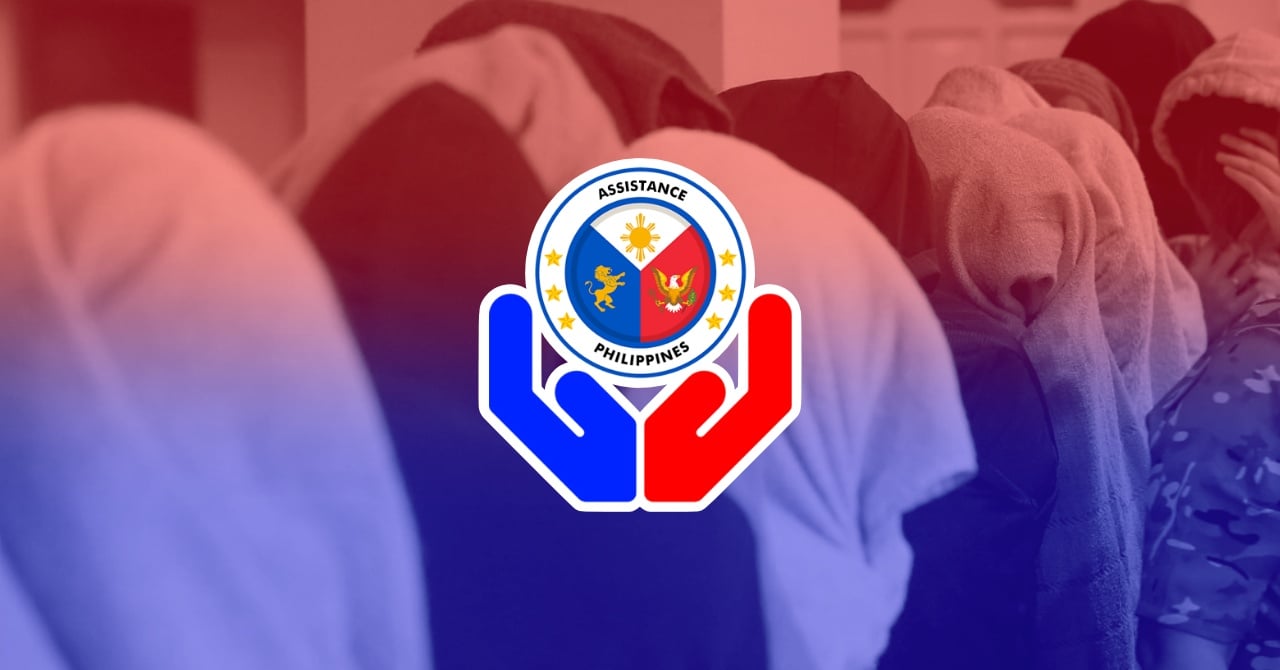We hear it on the news more often than we expect to.
A teenager recruited for work overseas, only to be forced into prostitution. A child taken from a province and made to beg on city streets. A young woman stripped of her passport and threatened if she tries to leave.
These are not isolated stories. They are forms of human trafficking—a crime that continues to evolve, but one that Filipino law is getting better at fighting.
With the Expanded Anti-Trafficking Law of 2024, protections for victims have been strengthened, penalties for traffickers have increased, and clearer processes for reporting and rescue have been established.
Here’s what every Filipino should know.

What Counts as Human Trafficking in the Philippines?
Under Philippine law, human trafficking happens when a person is recruited, transported, or hidden—with or without crossing borders—through force, deception, threats, or abuse, for the purpose of exploitation. This includes forced labor, slavery, prostitution, organ removal, and other harmful acts.
To qualify as trafficking, three elements must be present:
- Acts: Recruitment, transport, transfer, harboring, or receipt
- Means: Threats, coercion, fraud, abuse of power, or exploiting vulnerability
- Purpose: Exploitation, including sexual services, forced labor, or organ trade
For children (under 18), trafficking is recognized even without force or deception. This also applies to adults with disabilities who can’t protect themselves.
Key Protections Under This Philippine Law
Republic Act No. 9208, as amended by RA 10364, ensures that all victims of trafficking in persons, including foreign nationals, are granted rights, support, and protection.
- Protection Without Criminal Charges
Victims will not be punished for crimes they were forced to commit as a result of being trafficked. This includes:
- Immigration violations
- Prostitution
- Other unlawful acts committed under coercion
- Privacy and Confidentiality
The law protects the identity and personal records of survivors to prevent further trauma or exposure.
- Free Legal Assistance
Victims can access free legal services and guidance through the Department of Justice (DOJ) and accredited NGOs.
- Witness Protection and Testimony Support
Survivors who testify against traffickers may join the Witness Protection, Security and Benefit Program (WPSBP) for safety and support.
- Compensation and Civil Remedies
Victims may receive court-ordered restitution or damages, in addition to assistance under WPSBP.
Penalties for Human Trafficking Offenses
| Offense | Penalty |
| Simple trafficking in persons | 20 years’ imprisonment + ₱1M–2M fine |
| Qualified trafficking (e.g., child victim, public official involved) | Life imprisonment + ₱2M–5M fine |
| Attempted trafficking | 15 years’ imprisonment + ₱500K–₱1M fine |
| Acts promoting trafficking | 15 years’ imprisonment + ₱500K–₱1M fine |
| Use of trafficked persons for prostitution | 6–40 years’ imprisonment + ₱50K–₱5M fine |
Survivor Helplines You Can Call
Department of Justice (DOJ)
- IACAT Hotline: (02) 8525-2131 / 8527-2363
- DOJ Action Center: (02) 8521-2930 / 8523-8481 loc. 403
Department of Social Welfare and Development (DSWD)
- Pag-asa Crisis Center: (02) 8734-8639 / 8654 / 8626-27
- Community-Based Services: (02) 8733-0010 to 18 loc. 116
Law Enforcement Agencies
- PNP Women & Children’s Protection Center: Dial 117 or 911
- NBI Anti-Human Trafficking Division: (02) 8521-9208 / 8523-7414
- Bureau of Immigration: (02) 8524-3769 / 8645-2400
Department of Migrant Workers (DMW) (formerly POEA)
- DMW Legal Assistance Unit: (02) 8722-1189
- Recruitment Hotline: (02) 8722-1144 / 1155
- For updated services, visit dmw.gov.ph
How to File a Complaint
You don’t need to be the victim to report trafficking. Here’s how the law empowers anyone to help.
Who Can File
- The trafficked person
- Spouse, parent, sibling, or child
- Legal guardian
- Social workers, law enforcement, or anyone with personal knowledge
Where to File
- DOJ Action Center or the nearest local prosecution office
- Any DOJ-IACAT regional office
- The WPSBP Secretariat, if under witness protection
Steps in the Process
- Submit a notarized complaint or sworn statement outlining:
- The acts committed
- The methods used (force, fraud, coercion)
- The intent (e.g., exploitation, forced labor, prostitution)
- Investigation begins:
- Prosecutors assign a case investigator
- Law enforcement (e.g., NBI or police) conduct follow-up operations
- Survivor support activated:
- Referral to DSWD or certified shelters
- Psychological first aid, housing, and legal aid provided
- Court mandates protective actions
What Filipinos Are Saying About Trafficking
“My friend thought she was applying for a call center job abroad. She was rescued before boarding.”
– Shared via Facebook
“Our barangay coordinated with DSWD after someone reported an underage girl living with a recruiter. The system worked.”
– Concerned resident, Davao City
“I was trafficked as a minor. I didn’t even know what it meant until DOJ helped me press charges.”
– Survivor, shared on Reddit
These stories remind us: trafficking can be hidden in plain sight—but so can rescue.
Video: Inside the Global Taskforce Fighting Child Sex Abuse in the Philippines | Foreign Correspondent
Australian demand fuels an underground stream of livestreamed abuse, pushing Filipino police to act fast in the dead of night.
Officers step into Manila’s narrow alleys to rescue children trapped in digital exploitation networks.
They piece together digital trails and financial records with global teams, uncovering hidden patterns behind online crimes.
Rescue missions often reveal minors packed into unsafe spaces—terrified, forgotten, and in need of care.
Global partnerships add force to the response, proving that coordinated action can break through encrypted channels.
Final Thoughts
Trafficking doesn’t always look like kidnapping. Sometimes it’s a job offer. Sometimes it’s a promise to help your family.
Thanks to the Expanded Anti-Trafficking Law of 2024, more victims are protected, traffickers are punished more harshly, and survivors are supported for the long journey to healing.
If you or someone you know might be in danger, don’t stay silent. The law is strong, and help is within reach.
